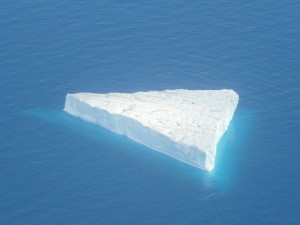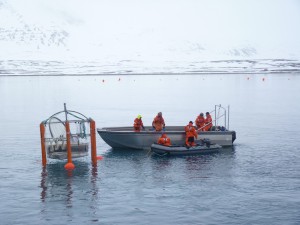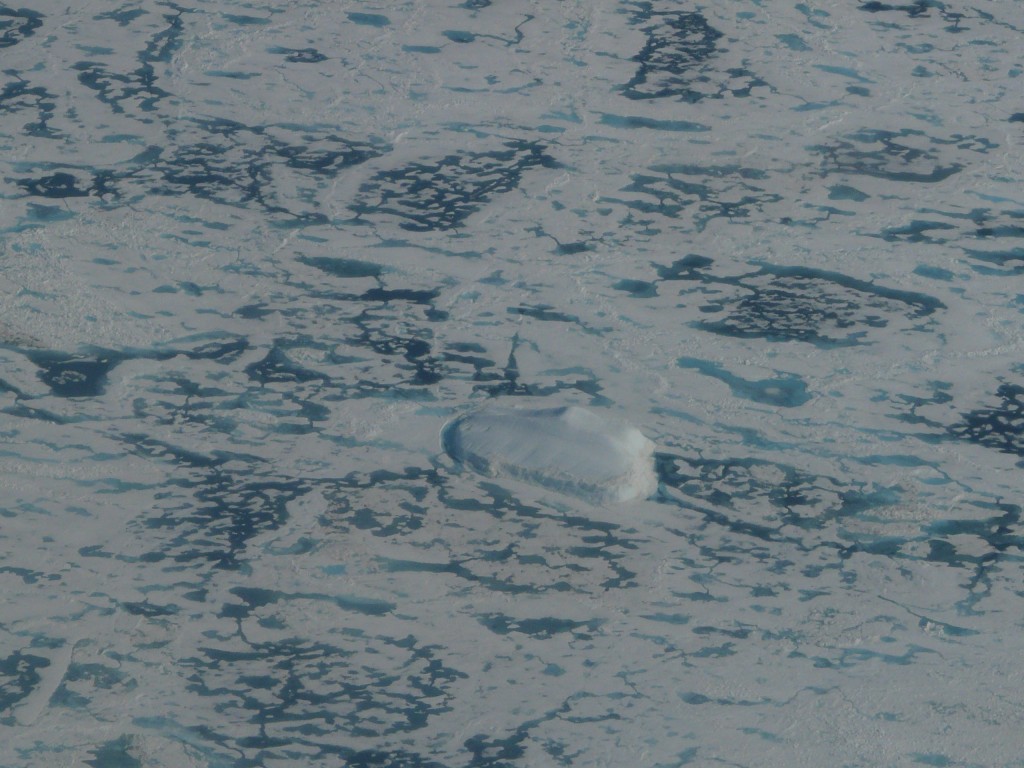Search Results for Tag: Warming
Gulf stream heating up
Scientists have observed that the Gulf Steam has been heating up two to three times as fast as the rest of the Atlantic over the last 100 years. Professor Martin Visbeck from the Helmholtz Centre for Ocean Research in Kiel, Germany, says the Gulf Stream, which accounts for the relatively mild climate of north-western Europe, has become around 1.2°C warmer since 1900 compared with a 0.4 degree rise in the Atlantic as a whole. The trend is similar with other important streams off the coasts of Japan, Australia, Brazil and southern Africa.
The scientists say the enhanced warming could reduce the ability of the oceans to absorb carbon dioxide as warmer water absorbs less than cold water. They stress the need for more data and continuous measurement, but Visbeck says the results indicate that climate change is changing global ocean circulation. More in the journal Nature Climate Change.
Arctic Ice and our Weather
Apologies for a long spell of ice-blog silence, but your ice blogger is now back on the
(snow?-) ball.
The German papers today tell us to expect temperatures dropping to as low as MINUS 20 C in the course of this week. After a relatively mild winter so far, this will be a shock to the system for a lot of people. And of course, we’ll be back to the old discussion about how it can be this cold when the world is warming… Somehow people are more willing to accept that the climate is changing when the plants are all starting to come up ahead of time. But maybe the cold snap will help draw attention to a new study by Germany’s Alfred-Wegener Institute explaining the connection between the extent of the Arctic sea ice in summer and our winter weather in central Europe.
![]() read more
read more
Sea ice still on the decline
September is the month when the Arctic ice reaches its lowest exten t before the onset of winter. And it probably won’t surprise you to know that the trend has not changed. The minimum ice extent was the second lowest in satellite records after the low of 2007, according to the National Snow and Ice Data Centre, continuing what’s knows as the “decadal trend of rapidly decreasing summer sea ice”. NSIDC says this is a preliminary announcement and the sad 2007 record may yet be beaten, as conditions will still change until early October.
t before the onset of winter. And it probably won’t surprise you to know that the trend has not changed. The minimum ice extent was the second lowest in satellite records after the low of 2007, according to the National Snow and Ice Data Centre, continuing what’s knows as the “decadal trend of rapidly decreasing summer sea ice”. NSIDC says this is a preliminary announcement and the sad 2007 record may yet be beaten, as conditions will still change until early October.
There is a Greenpeace expedition on board the Arctic Sunrise currently up in the Arctic, led by campaigner Frida Bengtsson. Let me quote you her response to the latest figures:
![]() read more
read more
Climate change in Arctic more extensive than expected

Greenland iceberg
A comprehensive new report on the the extent of climate change in the Arctic indicates that change is happening even faster than scientists were expecting. There is more on the Science Daily website.
WWF Arctic says the report shows Arctic states have to take urgent measures to protect the Arctic environment – and should take on a leading role in tackling the roots of the problem by radically reducing the production of greenhouse gases.
One thing that makes it clear just how important the Arctic is for the world as a whole is that the report says global sea level could rise through ice, snow and permafrost melting on land by up to 1.6 metres by 2100.
Global warming or climate change? Get the term right!

(Glacier covered to prevent melting in Switzerland, 2010)
I came across some interesting research results about how people’s scepticism about climate change relates to what term is used to describe it.
A study conducted by the University of Michigan says a lot of Americans are sceptical about “global warming”, but fewer of them are sceptical about “climate change”. “Wording matters” is the message from the lead author Jonathon Schuldt from the UM Dept. of Psychology. The results indicate that 74% of people though the problem was real if asked about the world’s temperature changing and a “phenomenon called climate change”. But the percentage was reduced to 68 when it was referred to as “global warming”.
This seems very plausible to me. A lot of people will make comments about a “lack of global warming” if you talk to them during an extremely cold period. But the more neutral expression “climate change” also describes cold spells or increased extreme weather events as a result of the overall changes to the planet.
The study also has some interesting conclusions about differences between Democrats and Republicans in terms of use of language and response to different terms. You can read the abstract for yourselves online in the Public Opinion Quarterly.
Let me just give you one encouraging conclusion.
“The good news is that Americans may not be as polarized on the issue as previously though. The extent of the partisan divide on this issues depends heavily on question wording”, says one of the authors, Norbert Schwarz.






















Feedback